Dr Keith Parry and Dr Rafaelle Nicholson co-author this article for The Conversation about the challenges facing women’s sport…
Women’s sport is on the way up – but more needs to be done to secure its future

Andrew Orchard sports photography/Alamy
Keith Parry, Bournemouth University; Beth Clarkson, University of Portsmouth, and Rafaelle Nicholson, Bournemouth University
The delayed 2020/21 Women’s FA Cup final is finally taking place. Two London rivals, Arsenal and Chelsea, and some of the best players in the world make this a sporting event worthy of a grand stage such as Wembley Stadium. The timing of the final, December 5, is significant and ironic, as on December 5 1921 the Football Association banned women’s football.
The ban was because sports were believed to be unsuitable for females. Fifty years on from the end of this ban, women’s football is now where it belongs, at the “home of football”.
This is just one of many significant developments in women’s sport that have happened recently.
In summer 2021, English cricket’s new Hundred tournament attracted the highest attendance for a women’s cricket event ever, with a total attendance at the games of 267,000. The opening game of the American women’s soccer Challenge Cup, meanwhile, became the most-watched match in league history with 572,000 viewers, a 201% increase on the previous record. And in England, a “landmark £7m deal” was struck with broadcasters to show Women’s Super League football matches on free-to-air and subscription services.
It’s been claimed that interest in women’s sport is thriving. However, there are concerns regarding the future of women’s sport due to the COVID-19 pandemic. More needs to be done to assure its future.
The need for caution
We research key governance aspects of women’s sport and, while we agree there has been much improvement, our research also suggests that areas of inequality remain and more needs to be done by governing bodies, organisations and policymakers. While women’s sport is currently popular, changes are needed for its success to be sustained.
For instance, when men’s and women’s sports are governed by the same organisation, the decisions made typically prioritise men’s sport. Recent accusations of institutional racism highlight the issues when sports are run by hypermasculine, failed male athletes – they make decisions that benefit themselves and those that resemble them (men).
This is an issue that has worsened over time. Historically, many women’s sports were governed separately and run wholly or mainly by women – for example, the Women’s Football Association was in charge of English women’s football until the Football Association took over in 1992, and the Women’s Cricket Association ran women’s cricket until 1998 when the England and Wales Cricket Board gained control. But since the 1990s, women’s sport has typically been run by men with little knowledge of women’s sport, who tend to prioritise what they know.
This privileging of men’s sport was particularly the case at the start of the COVID-19 pandemic. The exception to this was in North America where women’s football has its own governing body, and where during the pandemic, women’s football was prioritised – a new tournament introduced and new commercial partners found. In other countries, women’s sport was simply cancelled.
Another area of concern is that sports media coverage, which is now the way most people access sport, continues to be dominated by men’s sports. This pattern is not helped when those who talk and write about sport remain predominantly men. Our research shows that when women have greater involvement in sports journalism there’s greater coverage of women’s sport. The challenge is breaking into the “boys’ club” of sports journalism.
We also found that women’s sport is both under-valued and under-sold. Women’s sport often receives less investment in marketing and promotion. As a result, spectators see it as less exciting and less spectacular than men’s sport.
This research also found that women’s games are often scheduled in the middle of the workday or early on weekdays, rather than primetime slots on weekday evenings or weekend afternoons. This scheduling creates problems because spectators are often not able to attend when games are during work hours or when children’s sport is taking place.
Women’s sport is often only accessible on pay-TV, limiting the potential audience. Recent research shows that when matches are moved onto free-to-air channels, the sky is the limit. A study for the Women’s Sport Trust recently showed that the broadcast audience of women’s sport in the UK has grown from 46.8 million in 2019 to 51.1 million in 2021. Much of this increase comes from new coverage of women’s cricket and women’s football, and gender-parity in Olympic coverage.
A roadmap for sustained success
So, while the future of women’s sport looks bright, inequalities remain. We propose a five-point “roadmap” detailing the changes that are needed for the success of women’s sport to be sustained:
• Ensure that the governance of women’s sport has women in visible leadership positions, to prioritise it and ensure that any decisions support the interests of women’s sport. Otherwise, if men run both men’s and women’s sport they will continue to prioritise the male version.
• The sports media workforce needs greater diversity. Although we focus on gender here, sports media is dominated by white men.
• The marketing and presentation of women’s sport need to be on a par with men’s sport. While men’s sport has greater investment in these areas it will continue to be seen as superior to women’s sport. There needs to be unity in how sports clubs communicate with fans about their men’s and women’s teams.
• Women’s sport needs consistent prime time scheduling (as seen with women’s football in England this season), rather than during the day when the majority of fans are at work and cannot attend.
• Coverage of women’s sport needs to be on free-to-air television – if it is not, awareness of it will drop.
If these points can be addressed, we believe that women’s sport will continue to thrive, not just now, but well into the future.![]()
Keith Parry, Deputy Head Of Department in Department of Sport & Event Management, Bournemouth University; Beth Clarkson, Senior Lecturer in Sports Management, University of Portsmouth, and Rafaelle Nicholson, , Bournemouth University
This article is republished from The Conversation under a Creative Commons license. Read the original article.
 At Bournemouth University we collaborate with global institutions and organisations through our education, research and practice.
At Bournemouth University we collaborate with global institutions and organisations through our education, research and practice.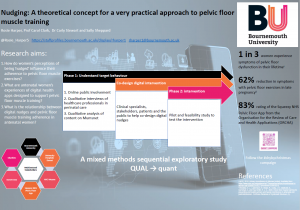
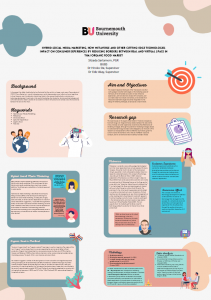
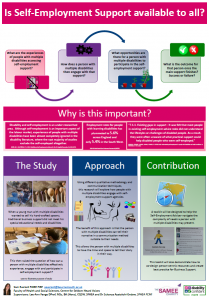
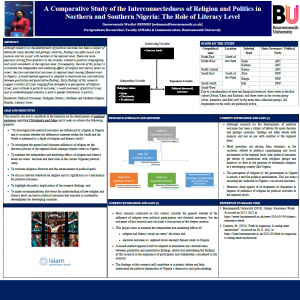
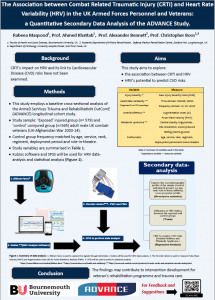






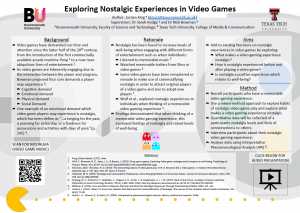
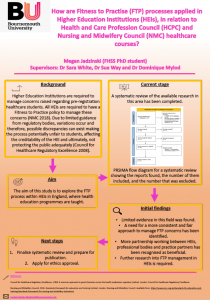
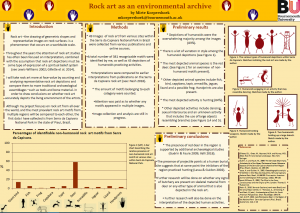

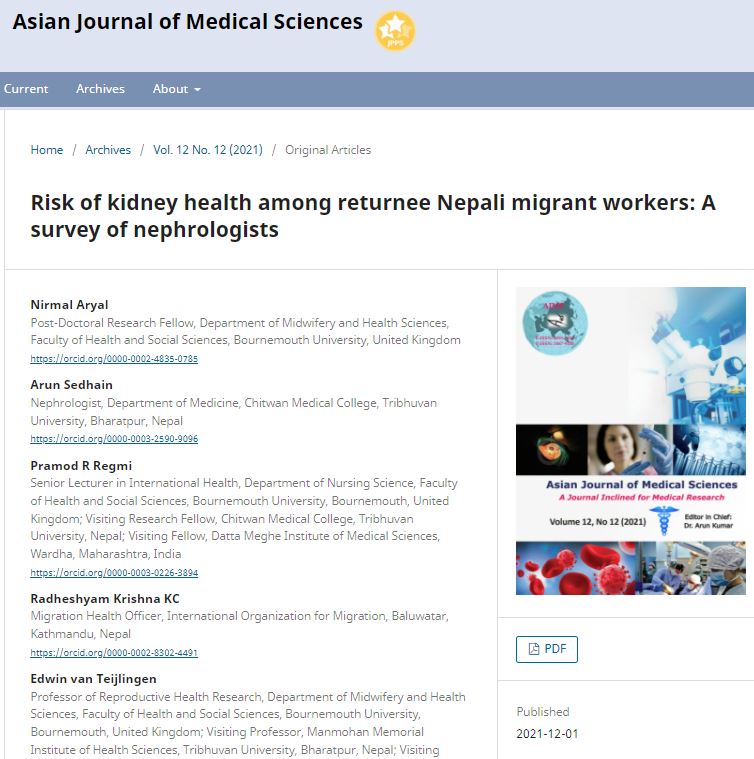

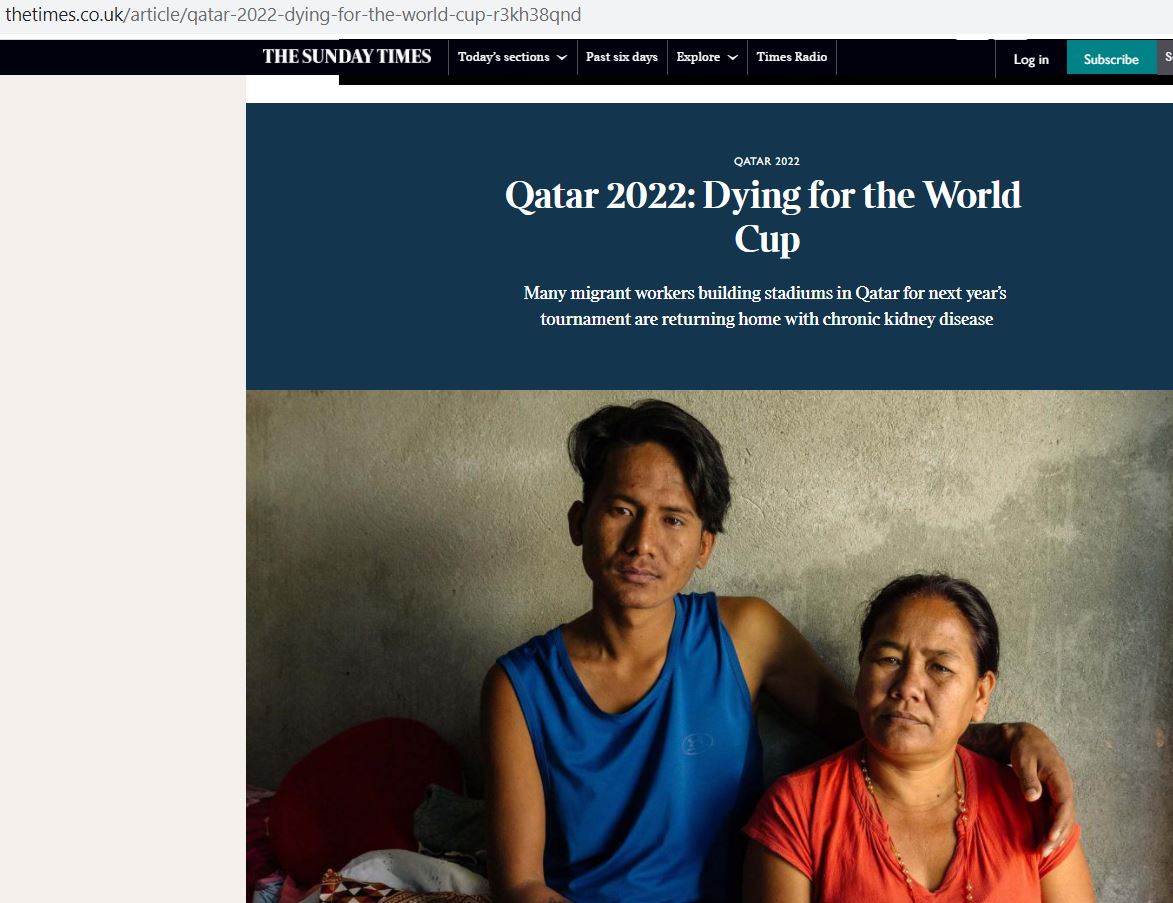











 3C Event: Research Culture, Community & Can you Guess Who? Friday 20 March 1-2pm
3C Event: Research Culture, Community & Can you Guess Who? Friday 20 March 1-2pm Beyond Academia: Exploring Career Options for Early Career Researchers – Online Workshop
Beyond Academia: Exploring Career Options for Early Career Researchers – Online Workshop UKCGE Recognised Research Supervision Programme: Deadline Approaching
UKCGE Recognised Research Supervision Programme: Deadline Approaching SPROUT: From Sustainable Research to Sustainable Research Lives
SPROUT: From Sustainable Research to Sustainable Research Lives BRIAN upgrade and new look
BRIAN upgrade and new look ECR Funding Open Call: Research Culture & Community Grant – Apply now
ECR Funding Open Call: Research Culture & Community Grant – Apply now ECR Funding Open Call: Research Culture & Community Grant – Application Deadline Friday 12 December
ECR Funding Open Call: Research Culture & Community Grant – Application Deadline Friday 12 December MSCA Postdoctoral Fellowships 2025 Call
MSCA Postdoctoral Fellowships 2025 Call ERC Advanced Grant 2025 Webinar
ERC Advanced Grant 2025 Webinar Update on UKRO services
Update on UKRO services European research project exploring use of ‘virtual twins’ to better manage metabolic associated fatty liver disease
European research project exploring use of ‘virtual twins’ to better manage metabolic associated fatty liver disease